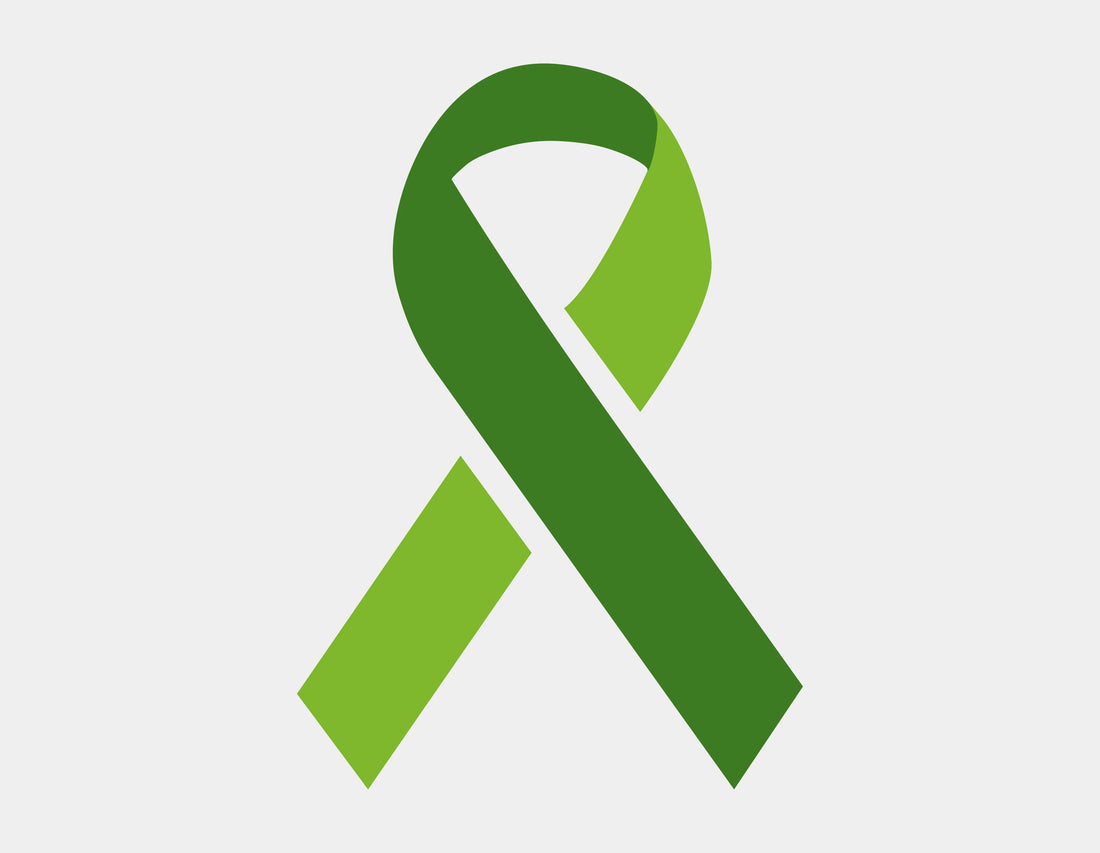Mental health awareness has become increasingly important in recent years, as more people are recognizing the impact that mental health can have on our overall well-being. According to the World Health Organization (WHO), one in four people in the world will be affected by mental or neurological disorders at some point in their lives. Despite the prevalence of mental health issues, many people still do not seek the help they need due to stigma or lack of resources.
In the United States, the National Alliance on Mental Illness (NAMI) reports that approximately one in five adults experiences mental illness in a given year. This includes a wide range of conditions, from anxiety and depression to bipolar disorder and schizophrenia. Suicide is also a significant concern, with more than 47,000 Americans dying by suicide in 2019, according to the Centers for Disease Control and Prevention (CDC).
The COVID-19 pandemic has also had a significant impact on mental health. A survey by the Kaiser Family Foundation found that nearly half of adults in the United States reported that their mental health has been negatively affected by the pandemic. This includes feelings of anxiety, depression, and stress, as well as an increase in substance abuse.
It is essential to raise awareness about mental health and provide resources for those who are struggling. Mental health services can include therapy, medication, and support groups. It is also important to reduce the stigma around mental illness, which can prevent people from seeking the help they need.
If you or someone you know is struggling with mental health issues, there are resources available. The National Suicide Prevention Lifeline provides 24/7 support at 1-800-273-TALK (1-800-273-8255). The Substance Abuse and Mental Health Services Administration (SAMHSA) also offers a national helpline at 1-800-662-HELP (1-800-662-4357).
In conclusion, mental health awareness is crucial for our overall well-being, as mental health issues can affect anyone at any time. By raising awareness and reducing stigma, we can help more people access the support they need to thrive.
References:
World Health Organization. (2021). Mental disorders. Retrieved from https://www.who.int/news-room/fact-sheets/detail/mental-disorders
National Alliance on Mental Illness. (2021). Mental health by the numbers. Retrieved from https://www.nami.org/mhstats
Centers for Disease Control and Prevention. (2021). Suicide. Retrieved from https://www.cdc.gov/violenceprevention/suicide/index.html
Kaiser Family Foundation. (2021). KFF Health Tracking Poll - Early April 2021: COVID-19 and Mental Health. Retrieved from https://www.kff.org/report-section/kff-health-tracking-poll-early-april-2021-covid-19-and-mental-health-methodology/

